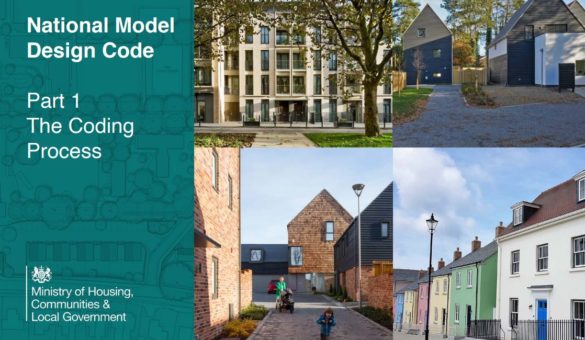Streets must be welcoming places for everyone to walk, spend time and engage with other people. This is necessary to keep us all healthy through physical activity and social interaction. It is also what makes places vibrant and keeps communities strong. The best test for whether we are getting our streets right is whether the whole community, particularly children, older people and disabled people are enjoying using this space. There are a number of components to developing Healthy Streets and the design and delivery of the street infrastructure will impact on the physical, mental and social health of communities that live in and around them.
Use the filters to narrow down your search
Show more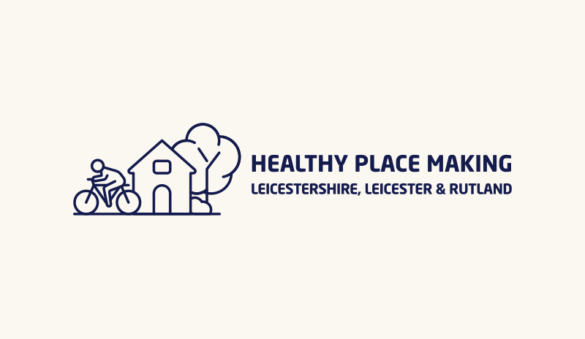
Active Design Guidance Sport England
Active Design is a combination of 10 principles that promote activity, health and stronger communities through the way we design and build our towns and cities. In partnership with Public Health England, Sport England have produced the Active Design Guidance which works as a step-by-step guide to implementing an active environment. This guidance builds on the original objectives of improving accessibility, enhancing amenity and increasing awareness, and sets out the 10 principles of Active Design.
Download about "Active Design Guidance Sport England" (PDF 15 MB)
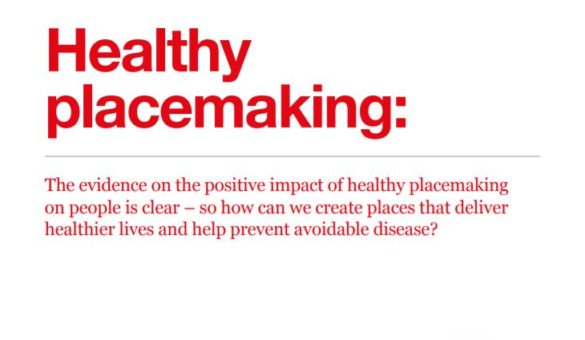
Design Council – Healthy Placemaking Report
This Design Council report is focused on healthy placemaking. It examines the barriers identified by people building and designing our communities to creating places where people are healthier and happier. Great design is changing the way we live and the places we live in, making lives better by building happier, healthier and safer environments. It can bring communities together and facilitate long term behaviour change, transforming our lifestyles for the better
Download about "Design Council – Healthy Placemaking Report" (PDF 721 KB)
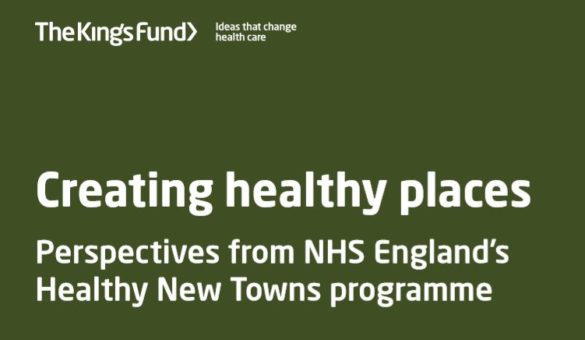
Creating healthy places Perspectives from NHS England’s Healthy New Towns programme
The places we live in and the communities we belong to affect our health in countless ways – sometimes very visibly, sometimes more subtly, but with a significant combined effect. A coherent approach to improving population health therefore needs to include a focus on places, neighbourhoods and communities as well as interventions aimed at individuals and at the whole population (Buck et al2018).
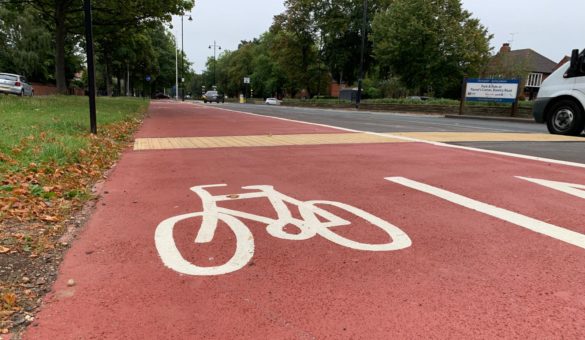
Active Travel Strategic Investment Tool Guidance
The primary purpose of the SUSTRANS Strategic Investment Tool (SIT) is to help local authorities and local enterprise partnerships develop large scale programmes of investments in active travel. Using evidence from the evaluations of a wide range of active travel interventions the SIT calculates the typical impact and cost of an investment programme consisting of a range of different intervention types.
Download about "Active Travel Strategic Investment Tool Guidance" (PDF 510 KB)

Active Travel and Economic Performance slides
A ‘What Works’ review of evidence from cycling and walking schemes published by Sustrans
Download about "Active Travel and Economic Performance slides" (PDF 460 KB)
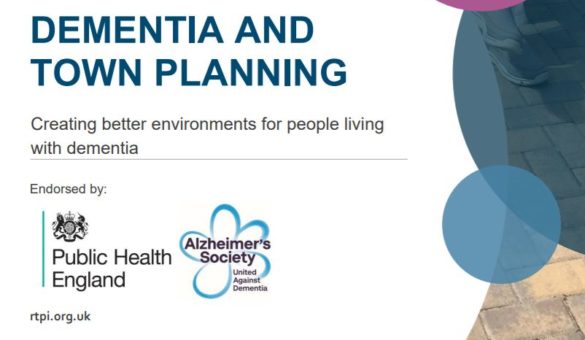
Dementia and Town Planning
There are around 850,000 people living with dementia in the UK. This figure is projected to increase to 1.6 million people by 2040. Evidence has shown that good quality housing and well-planned, enabling local environments can have a substantial impact on the quality of life for someone living with dementia. This practice note gives advice on how town planning can work with other professionals to create better environments for people living with dementia.
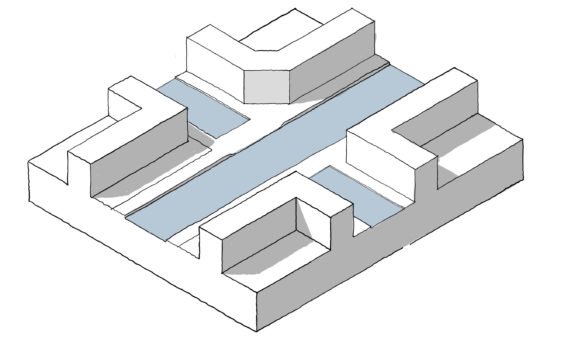
Healthy Place Making and the National Model Design Code: Junctions and Crossings
Our National Model Design Code series focuses on content within the National Model Design Code, specifically centring on its illustrations (all provided with thanks and credit to Department for Levelling...
Read more about "Healthy Place Making and the National Model Design Code: Junctions and Crossings"
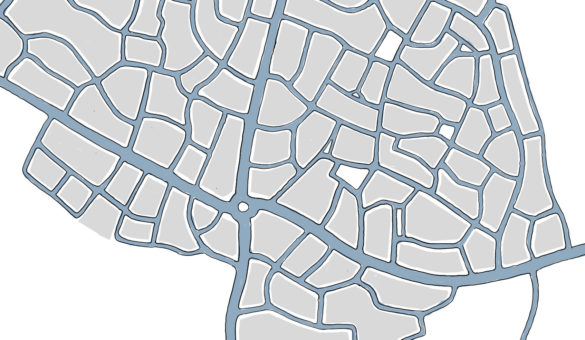
Healthy Place Making and the National Model Design Code: Spot the Difference – Masterplanning to Support Connectivity
Our National Model Design Code series focuses on content within the National Model Design Code, specifically centring on its illustrations (all provided with thanks and credit to Department for Levelling...
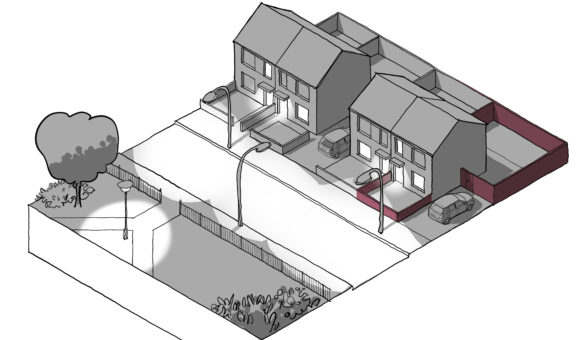
Healthy Place Making and the National Model Design Code: Securing Health
Our National Model Design Code series focuses on content within the National Model Design Code, specifically centring on its illustrations (all provided with thanks and credit to Department for Levelling...
Read more about "Healthy Place Making and the National Model Design Code: Securing Health"
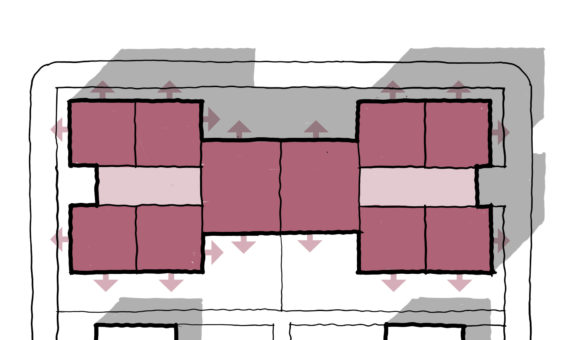
Healthy Place Making and the National Model Design Code: Aspects and Health & Wellbeing
Our National Model Design Code series focuses on content within the National Model Design Code, specifically centring on its illustrations (all provided with thanks and credit to Department for Levelling...
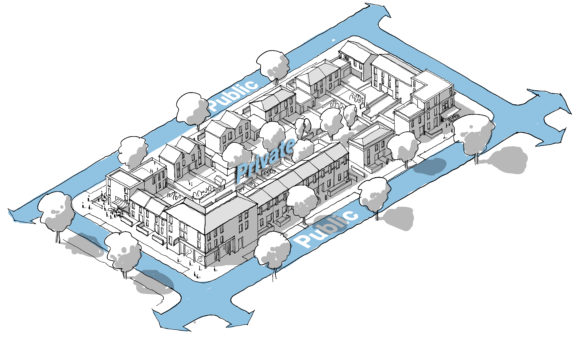
Healthy Place Making and the National Model Design Code: Development Facing the Public Realm
Our National Model Design Code series focuses on content within the National Model Design Code, specifically centring on its illustrations (all provided with thanks and credit to Department for Levelling...

Mental Health and Town Planning
In the UK and Ireland, the rates of mental health illness are high. Where someone lives can have an impact on their mental health. The quality of the wider built environment is also a determining factor for mental health, with noise, pollution levels, quality of green space, access to services and even ‘beauty’ all playing a part. This practice note gives advice on how planners can work within the current UK planning systems and with other professionals to take account of mental health when making changes to the built environment.
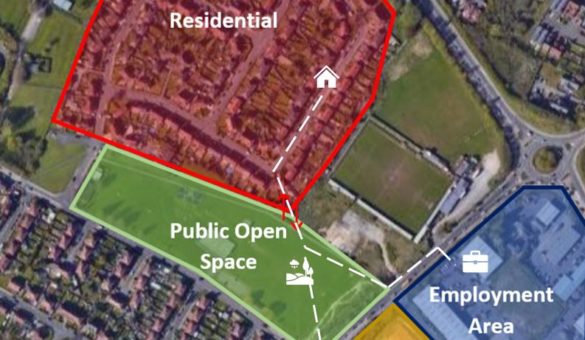
Creating Attractive and Effective Connections (Part Two)
This case study expands upon Creating Attractive and Effective Connections (Part One) by looking at an additional example of how to consider the quality and potential impact of connections across...
Read more about "Creating Attractive and Effective Connections (Part Two)"

National Planning Policy Framework (2021)
The National Planning Policy Framework sets out the Government’s planning policies for England and how these should be applied. It provides a framework within which locally-prepared plans for housing and other development can be produced.
Download about "National Planning Policy Framework (2021)" (PDF 536 KB)
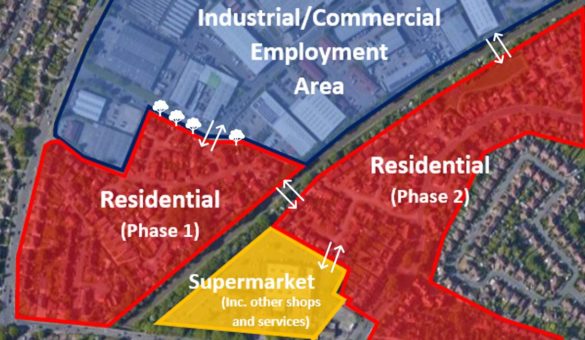
Creating Attractive and Effective Connections (Part One)
Walkable communities provide an opportunity to encourage active travel – whether that be walking, cycling or scooting – by connecting a range key places (such as homes, shops, schools, workplaces...
Read more about "Creating Attractive and Effective Connections (Part One)"



